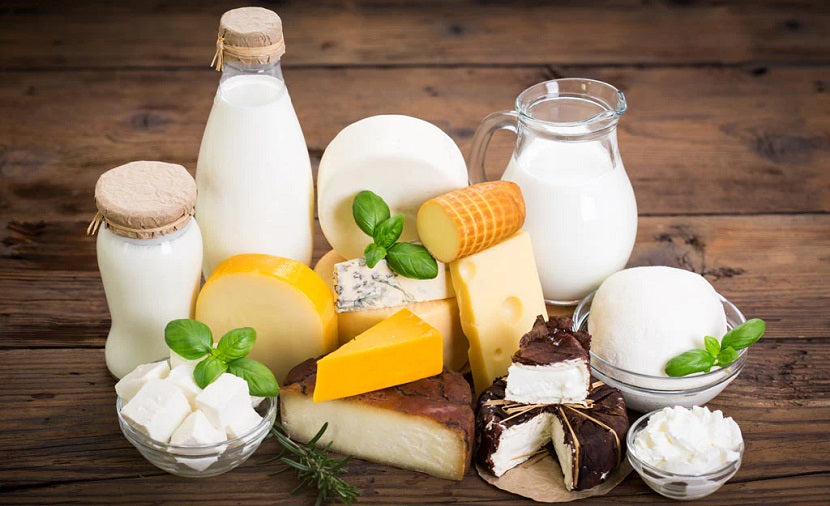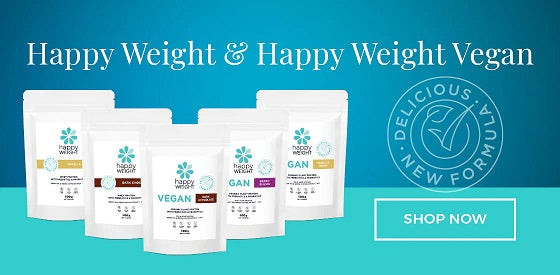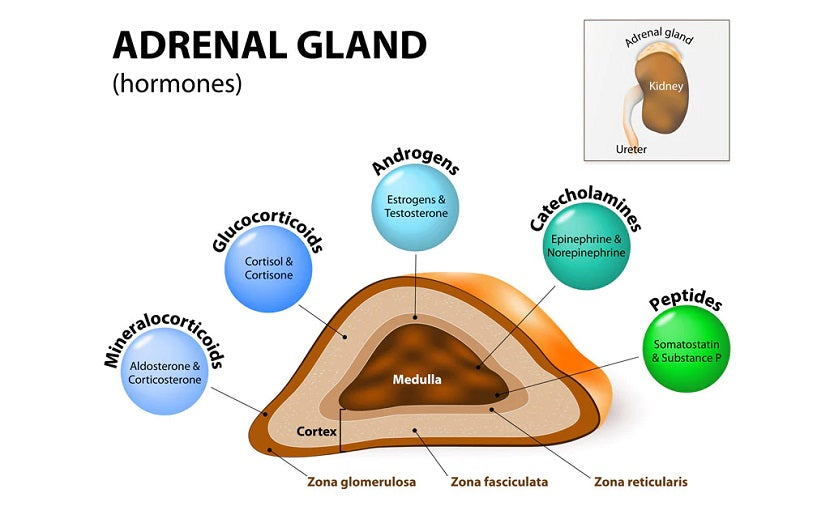Are you a dairy lover?
When trying to balance hormones or achieve a healthy weight, we encourage women to skip dairy products.
For some this is easy; but for others, it can be quite daunting. From milk with coffee or tea to yoghurt with muesli, and cheese on crackers, dairy has always been part of the daily diet for many.
So why should we suddenly have to avoid dairy? Well, we advise cutting the dairy because these foods are acidic in nature and can be mucus-forming. This can mean two things. First, our body has to work harder to maintain our normal pH and this involves taking calcium from the bones to buffer acidity in the blood. Secondly, if you suffer from allergies or respiratory issues, excess mucus in the system will keep you feeling congested and unwell.
As much as 80% of oestrogen consumed in the average Western diet is often sourced from dairy foods.
Another important reason why women should avoid dairy is hormone sensitivity. Most of the milk products on supermarket shelves are loaded with oestrogen which is transferred from the dairy cow into the milk that she produces. As much as 80% of oestrogen consumed in the average Western diet is often sourced from dairy foods. If you have hormonal concerns which are affecting your weight, drinking milk may very well exacerbate your inability to effectively burn fat.
Bear in mind that oestrogen also has growth-stimulating effects (just as it causes the female body to grow and mature during puberty) and this can cause increased proliferation of hormone-sensitive tissue (breasts, endometrial lining). Additionally, dairy cows are artificially inseminated and given synthetic hormones so they can produce more milk for commercial distribution.
Homogenized and pasteurized cow’s milk is the most congesting and difficult to digest of all dairy products. This is an important consideration if you have digestive issues which prevent you from sustaining a healthy weight. If you must have dairy, always choose raw, organic, or biodynamic products and aim for alternatives such as buffalo, sheep, and goat’s milk.
Non-dairy alternatives
Milk
Nut, grain or seed milk like almond, hazelnut, macadamia, cashew, coconut, walnut, Brazil, oat, rice, quinoa, fermented soy, hemp or sunflower are great options. Many varieties are available in your local supermarket and health food store. Best of all, they can easily be made at home and save you money. You can try by using this Nut Milk Recipe here.
Yoghurt
Try coconut yoghurt. Creamy coconut yogurt can be easily made at home by culturing coconut milk with yogurt starter and allowing it to ferment for several hours. You can also find a variety of almond milk and coconut yoghurt at local supermarkets.
Cheese
Nut cheeses are a better alternative to dairy cheese. Many are made with cashew, coconut oil and nutritional yeast as their main ingredients. They’re surprisingly delicious but again, have them in moderation due to their high fat and energy content.
What if I’m not intolerant to dairy?
You might not be diagnosed as lactose intolerant but surprisingly, three-quarters of the Western population lack the enzyme lactase which helps to digest lactose. As a result, these individuals experience digestive issues relating to cow’s milk. Most people begin to produce less lactase after they’re weaned off breast milk as infants or toddlers.
Studies also indicate that when it comes to preventing osteoporosis, milk may actually increase women’s risk of getting the disease. You should, however, get enough calcium – but this does not mean you must obtain it through dairy. In fact, dairy-free sources don't carry any risks.
Did you know that on average, we only absorb 30% of the calcium in milk, yoghurt, and cheese? However, we absorb twice the amount found in veggies like kale, broccoli, bok choy, spinach, tahini, almond and other plant food sources!
We recommend you check out our latest HAPPY HEALTHY YOU book. We've featured over a hundred delectable, plant-based recipes that will provide you with all the nutrients you need to achieve optimum hormonal health.
Learn more about wellness
If you want to learn more about how to support your hormonal health and sustain a healthy weight, join our private Happy Hormones and Happy Weight groups on Facebook.










Leave a comment
This site is protected by hCaptcha and the hCaptcha Privacy Policy and Terms of Service apply.